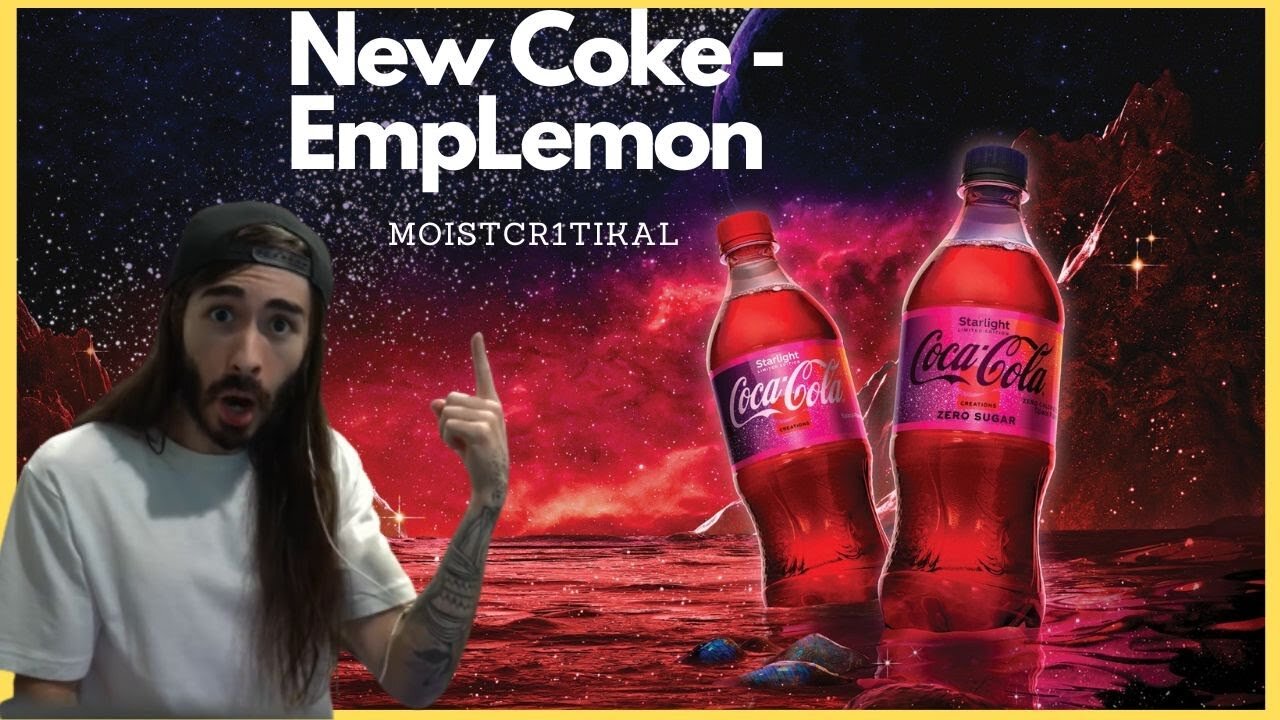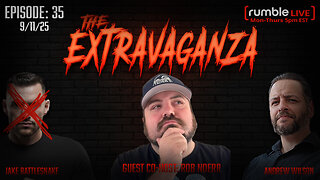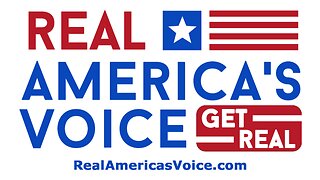Premium Only Content

The Rise and Fall of New Coke: A Branding Lesson
New Coke was an informal term for a revised version of the Coca-Cola beverage, launched by The Coca-Cola Company in April 1985. By 1990, it was rebranded as Coke II and was phased out in July 2002.
In the mid-1980s, Coca-Cola saw a decline in its market dominance due to the rising popularity of diet sodas and other non-cola drinks. Consumer blind taste tests indicated a preference for the sweeter profile of Pepsi, prompting Coca-Cola to adjust its original formula. However, this change was met with widespread disapproval, marking New Coke as a significant misstep.
In response to the backlash, the company quickly brought back the original formula within a few months, now labeled "Coca-Cola Classic," which led to a surge in sales. This turn of events sparked rumors that the New Coke introduction was merely a strategy to boost the original Coca-Cola's sales, a claim the company has consistently refuted. The New Coke saga is often cited as a lesson on the risks of altering a beloved brand.
The debut of New Coke took place on April 23, 1985. The production of the classic version ceased shortly after. In several regions, New Coke was initially distributed in the traditional Coke packaging. Bottlers continued to use the old packaging materials until the new ones became prevalent. Cans of New Coke were distinguishable by their gold tops, while the bottles had red caps, replacing the usual silver and white. Cartons of multi-packs were marked with bright yellow stickers to indicate the change.
The media event at New York City's Lincoln Centre, meant to unveil the new formula, faced challenges. Journalists, influenced by Pepsi, raised tough questions, reflecting Pepsi's concerns about New Coke's potential impact. Roberto Goizueta, the CEO of Coca-Cola, characterized the new taste as "richer," "fuller," and "more balanced." He stood firm on the decision, emphasizing that even the iconic Coca-Cola formula could evolve. He highlighted past adjustments, such as when Coca-Cola obtained kosher certification in 1935 and made modifications to ensure the drink met kosher, halal, and vegetarian standards. Goizueta firmly stated that the decision wasn't solely based on taste tests, labeling it as "one of the most straightforward decisions we've taken." When questioned about possible changes to Diet Coke, he confidently responded, "No. I didn't presume this to be successful. It is successful."
Interestingly, past Coca-Cola advertisements, featuring Bill Cosby, had praised the original Coke for its less sweet flavor compared to the sweeter Pepsi. The company's shares rose post the New Coke announcement, and surveys revealed that a vast majority of Americans were quickly informed about the change.
-
 LIVE
LIVE
TheCrucible
23 minutes agoThe Extravaganza! EP: 35 (9/11/25)
3,041 watching -
 LIVE
LIVE
Kim Iversen
2 hours agoWho Killed Charlie Kirk? Israel? Trans-Activists? Ukraine?
2,094 watching -
 1:17:50
1:17:50
Redacted News
1 hour agoBREAKING! CHARLIE KIRK'S ASSASSIN IDENTIFIED, NATIONWIDE MANHUNT UNDERWAY | Redacted News
75.1K114 -
 LIVE
LIVE
The Trish Regan Show
48 minutes agoBREAKING: FBI CLOSING IN on Charlie Kirk's Assassin — “Pro” HIT JOB Suspected
1,920 watching -
 1:05:30
1:05:30
vivafrei
3 hours agoCharlie Kirk Assassination FBI Updates - With FBI Whistleblower Kyle Seraphin
150K93 -
 1:59:22
1:59:22
The Quartering
3 hours agoJustice For Charlie Kirk! FBI Releases Photo Of Shooter, Mass Firings For Those Who Celebrate!
204K134 -
 36:31
36:31
Stephen Gardner
2 hours ago🔥NEW: FBI's Bombshell Reveal on Charlie Kirk Assassin!
34.3K109 -
 LIVE
LIVE
RealAmericasVoice
3 days agoHOME OF REAL NEWS
9,902 watching -

The HotSeat
2 hours agoThe Manhunt Is Underway! Time Is Running OUT!
14.4K14 -
![[Ep 746] Remembering: Charlie Kirk, 9/11, Benghazi | Guests Dave Bray [USA] & Tim Cruickshank](https://1a-1791.com/video/fww1/56/s8/1/i/-/-/g/i--gz.0kob.2-small-Ep-746-Remembering-Charlie-.jpg) LIVE
LIVE
The Nunn Report - w/ Dan Nunn
2 hours ago[Ep 746] Remembering: Charlie Kirk, 9/11, Benghazi | Guests Dave Bray [USA] & Tim Cruickshank
206 watching